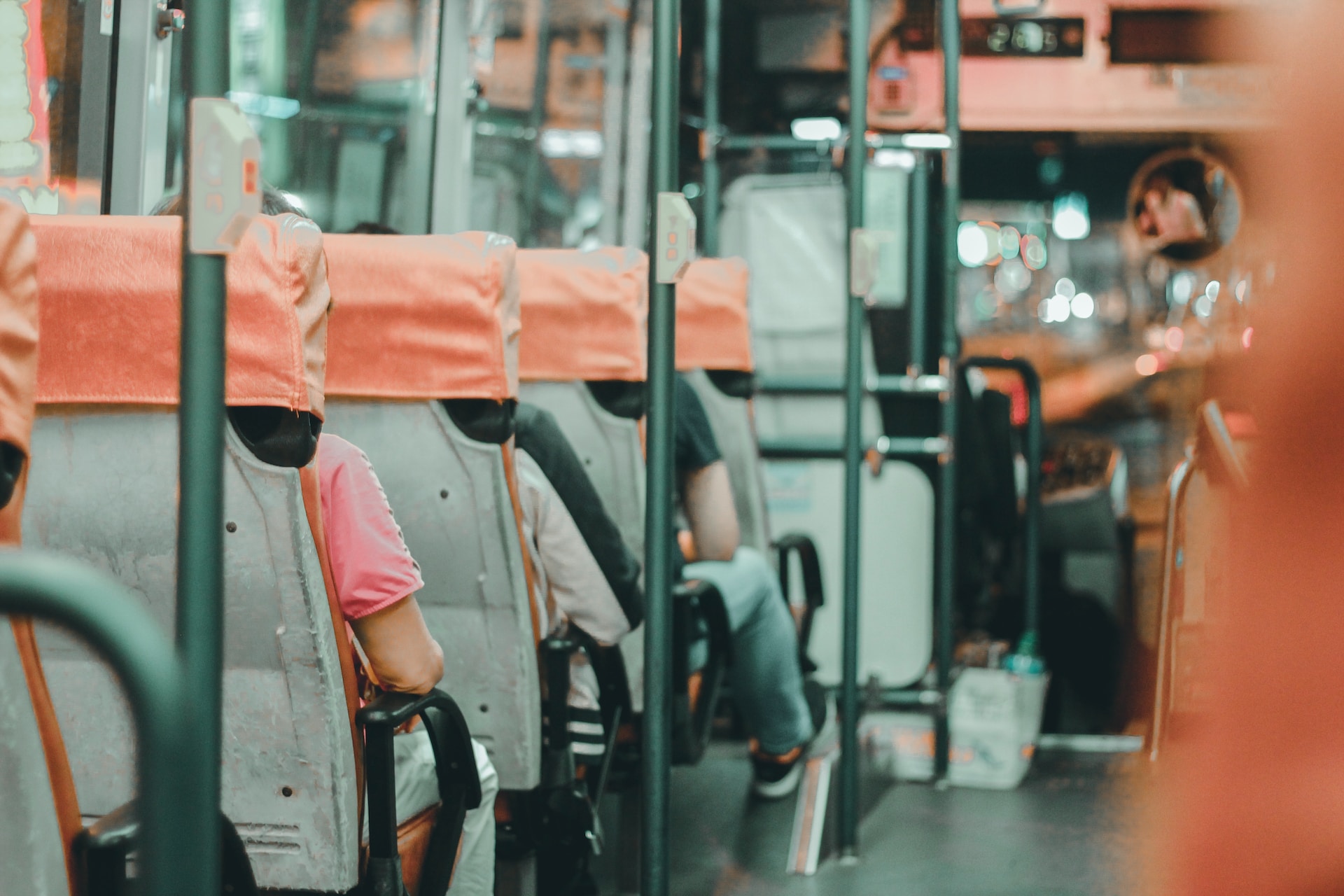We’re a year into a global pandemic, and while the end is in sight—with vaccines being distributed and administered in many parts of the world—there is no telling how long it will take to get there. In the meantime, a wide range of communities are facing significant harm related to data and digital rights (DDR) from the systems and processes states and companies have set up to address Covid-19.
Earlier in the pandemic, we wrote about contact tracing apps, the response of civil society and what civil society is doing about power grabs and rights restrictions as states wrestle with Covid-19. For many people, everything from work and school to court and counseling has gone remote, creating additional avenues for increased surveillance, marginalisation and exclusion. The abrupt nature of these digital transformations means they have been hastily planned and without the necessary infrastructure, risk assessments, community input and evidence-based policies to ensure they are equitable and rights respecting.
Additionally, function creep is common with the implementation of new technologies, and states may be using the pandemic as an excuse to expand surveillance and restrict rights. This is already the case with Singapore, where police now have access to contact tracing data for use in criminal investigations after TraceTogether changed its privacy policy. In Uganda, authorities are cracking down on internet freedom and press freedom under the guise of Covid-19 protections.
But which communities are most affected by these data and digital rights problems and how are they responding? Digital health certificates, for instance, can exclude people who already lack access to healthcare and mobile phones. The shift to remote schooling has put under-resourced, rural and migrant students at a further disadvantage. In some places, there are problems with data collection, making it difficult to identify healthcare disparities faced by LGBTQI+ patients and racial/ethnic minorities. And these are just a few examples of communities that are struggling.
That’s why we are collaborating with Luminate and Media Democracy Fund’s NetGain Partnership to see how social justice communities are faring in terms of data and digital rights in relation to the pandemic. What do we mean by social justice communities? The Engine Room’s 2020-2022 strategy describes social justice initiatives as work that redistributes resources and power. For this project, we are focusing on groups that do not necessarily connect their work to DDR and that are organising around such areas as disability justice, feminism, LGBTQI+ rights, racial justice, migrant rights, economic justice and unhoused people, sex workers’ rights, prison abolition, legal empowerment, transparency and anti-corruption, and climate justice. We aim to identify social justice communities in four regions chosen for their different approaches to the pandemic and where Engine Room team members are embedded in social justice movements: Latin America, Sub Saharan Africa, the United States and Western Europe.
Our goal is to lay the groundwork for strengthening intersectional collaboration between social justice and DDR communities. For the next few months, we’ll explore the following key questions:
- What impact do Covid-related data and technology practices have on social justice communities?
- What can be learned from intersectional approaches in other areas (i.e., not related to Covid-19)?
- What are lessons learned around fruitful and attempted intersectional collaborations?
Through desk research, regional community calls and individual interviews, we will develop a report highlighting lessons learned and best practices with examples of meaningful, equitable collaboration. We hope this will guide funders in supporting such collaboration and give social justice and DDR communities effective tactics for working together to address pandemic-related harms and risks.
If you’re a social justice activist in one of these regions, we’d love to know a few things about your experience:
- How are pandemic-related data and digital changes, policies and activities affecting your work and the community you serve?
- What, if anything, has your community been able to do about it?
- Are you interested in joining a regional community call with social justice activists or talking to us about this research project?
If you want to get in touch with your answers, suggest a community or share resources, contact sbaker[at]theengineroom.org.
Image by Mark Ivan via Unsplash.

